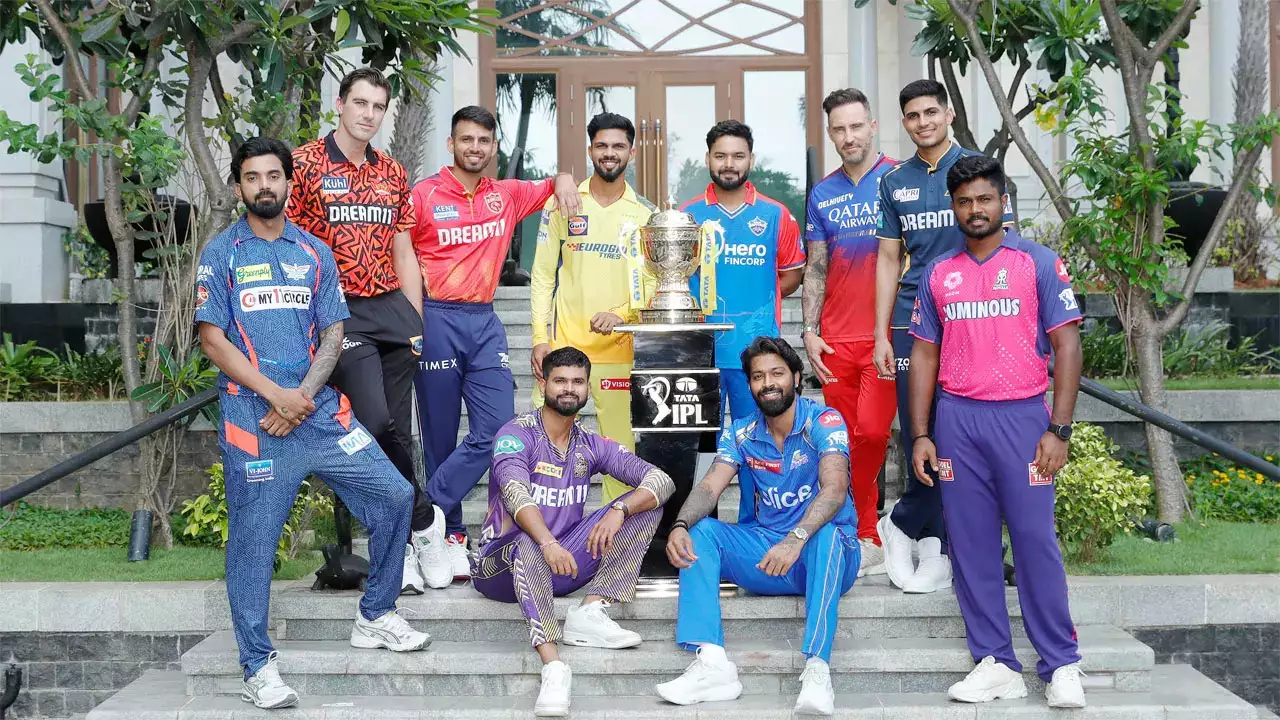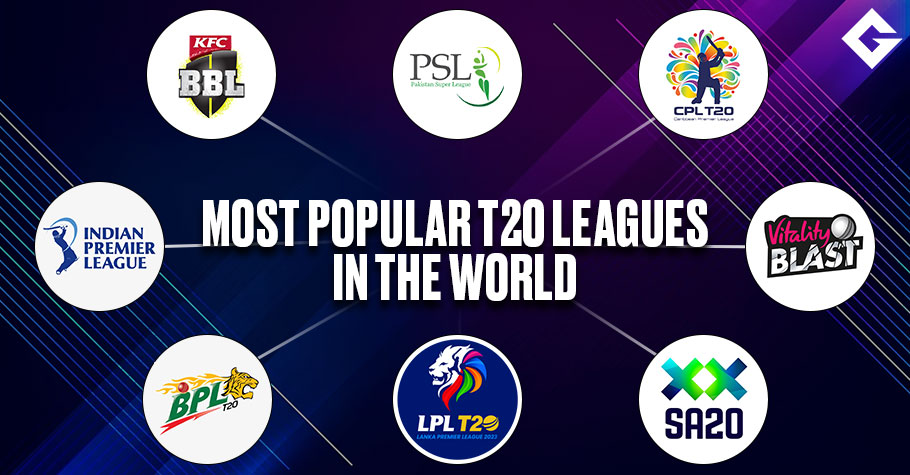The Commercialization Of Sports: Balancing Profit & Passion

Team Captains pose with trophy ahead of IPL 2024 season
In the ever-evolving world of sports, the line between competition and commerce has become increasingly blurred. While the influx of money has undoubtedly brought about positive changes, it has also raised concerns about the integrity and essence of the games we love. From increased tournaments and rising ticket prices to format changes in iconic events like the Football World Cup and Champions League, the commercialization of sports is a multifaceted issue that requires careful consideration. Here are some examples illustrating its impact.
The Expansion of the Football World Cup
The FIFA World Cup’s expansion from 32 to 48 teams for the 2026 tournament aims to increase global participation. However, critics argue this may dilute the quality of competition and lessen the significance of qualifying matches. The focus on broader market reach sometimes overshadows the essence of elite competition.
The IPL's Commercial Success
The Indian Premier League (IPL) has revolutionized cricket with its franchise-based model and substantial financial stakes. Players from around the world are attracted by lucrative contracts, making it one of the richest leagues globally. Nonetheless, the intense schedule and commercial pressures have raised concerns about player burnout and the overshadowing of traditional formats like Test cricket.
Rising Ticket Prices in the NBA
The NBA has seen a significant rise in ticket prices, making live games less accessible to the average fan. The league’s global expansion and high-profile sponsorships contribute to its billion-dollar enterprise, but this comes at the expense of pricing out dedicated local supporters and diminishing the grassroots fan experience.
UEFA Champions League Format Changes

The New UEFA Champions League 2024 format
The UEFA Champions League’s format changes, including the expansion of the group stage, aim to maximize broadcasting revenues and attract larger audiences. However, purists argue these modifications compromise the competition’s integrity by prioritizing financial gains over the sporting merit of fewer, more competitive matches.
Commercialization in Tennis
In tennis, the surge in prize money and endorsement deals has financially benefited players but has also led to an increasingly demanding schedule. Top players must compete in more tournaments to maintain their rankings, raising concerns about their physical and mental well-being.
T20 Leagues in Cricket

Most Popular T20 Leagues In The World
The rise of T20 leagues, such as the Big Bash League (BBL) and the Caribbean Premier League (CPL), has transformed cricket. While these leagues offer significant financial rewards and global exposure for players, they also threaten traditional formats by diverting attention and resources.
Conclusion
Amid these challenges, it is crucial for stakeholders in the sports industry to uphold the values that underpin the games we cherish: integrity, fairness, and respect. While commercialization is an inevitable aspect of modern sports, it should not come at the expense of athletes’ well-being or the passion of fans. By fostering a culture that values both profit and passion, we can ensure that sports remain a source of inspiration, joy, and unity for generations to come.

